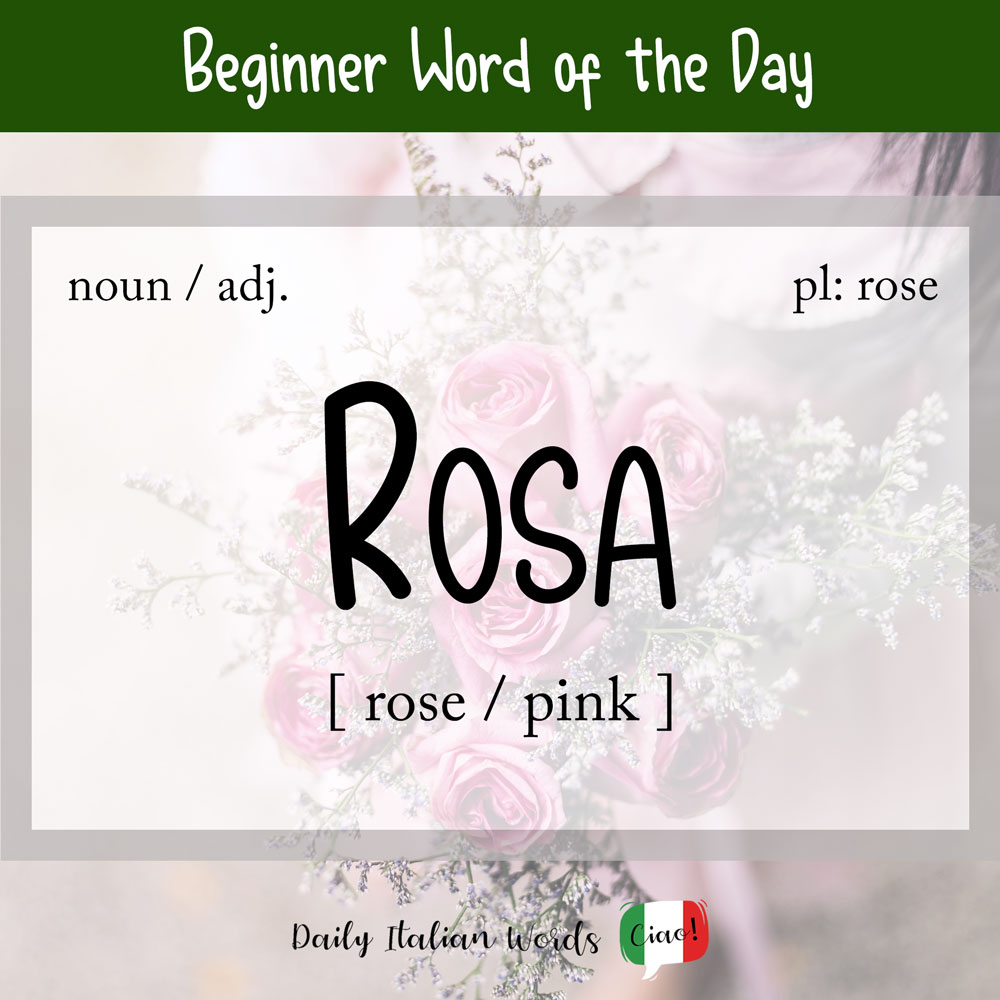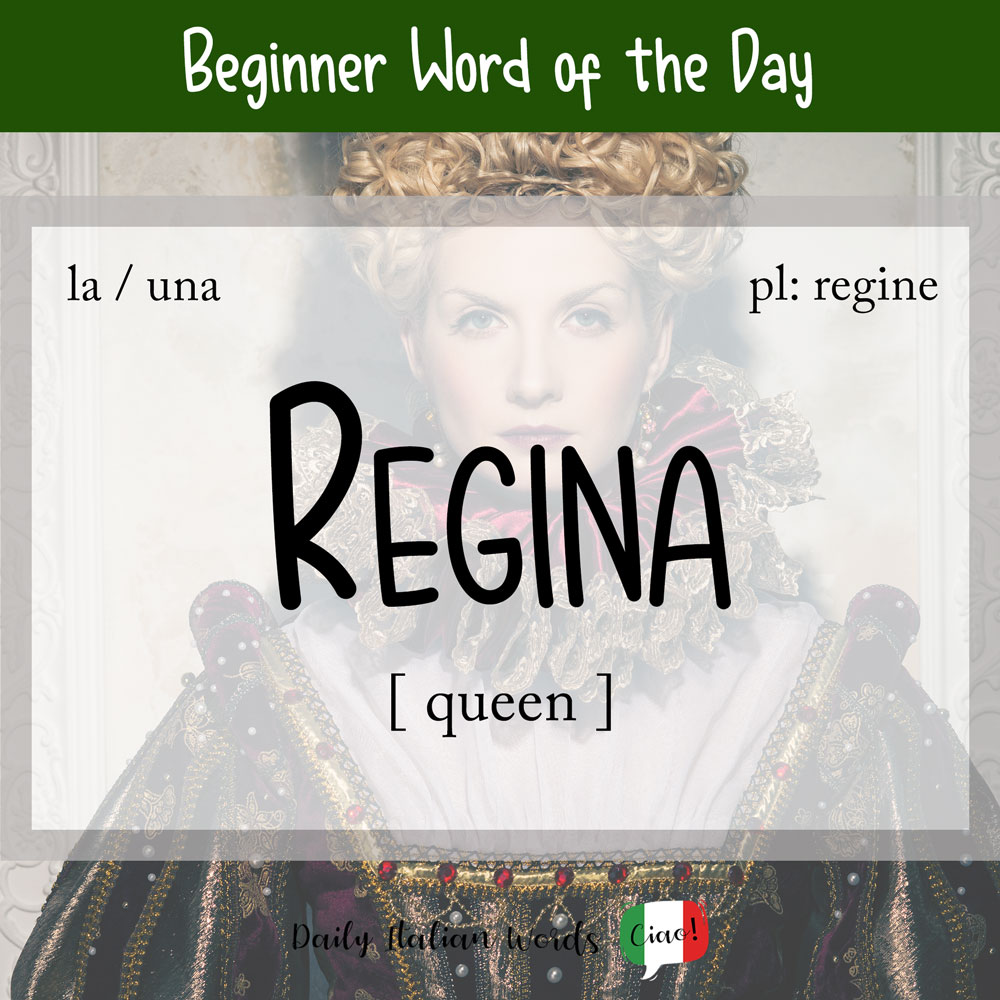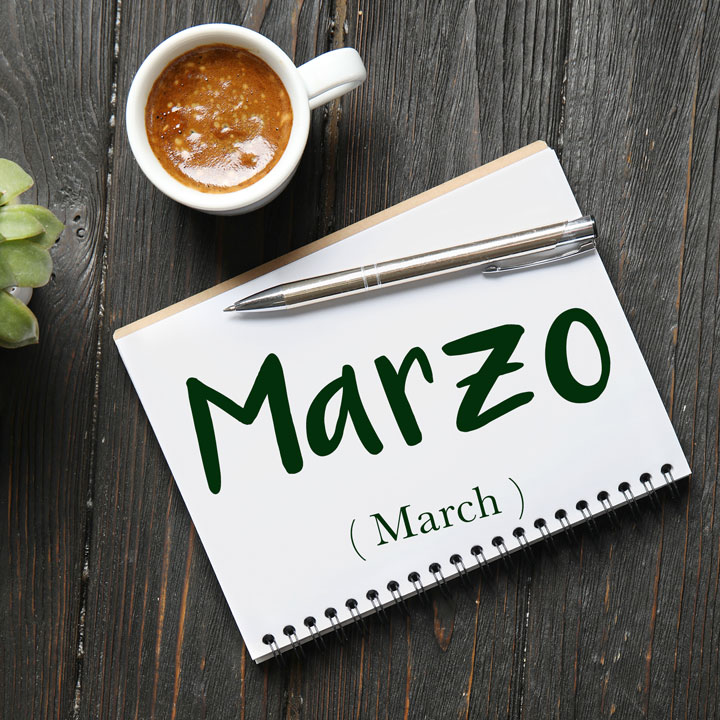Italian Word of the Day: Stanco (tired)
The word for tired in Italian is stanco. It is derived from the verb stancare meaning to tire or to wear out. The feminine and plural forms of stanco are as follows: To say that you feel tired in Italian, you can use the expression mi sento stanco. Mi sento molto stanco oggi quindi non …






